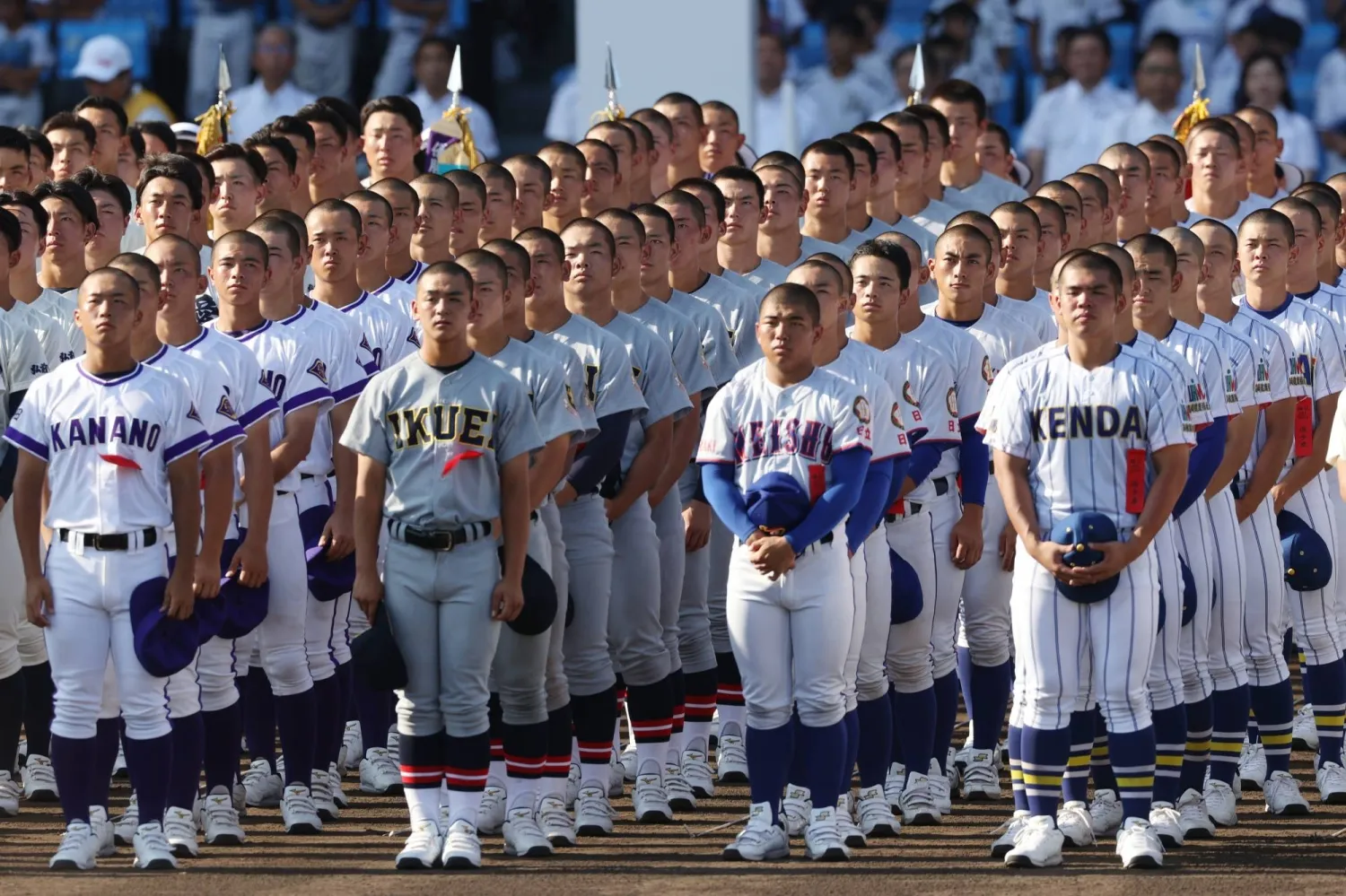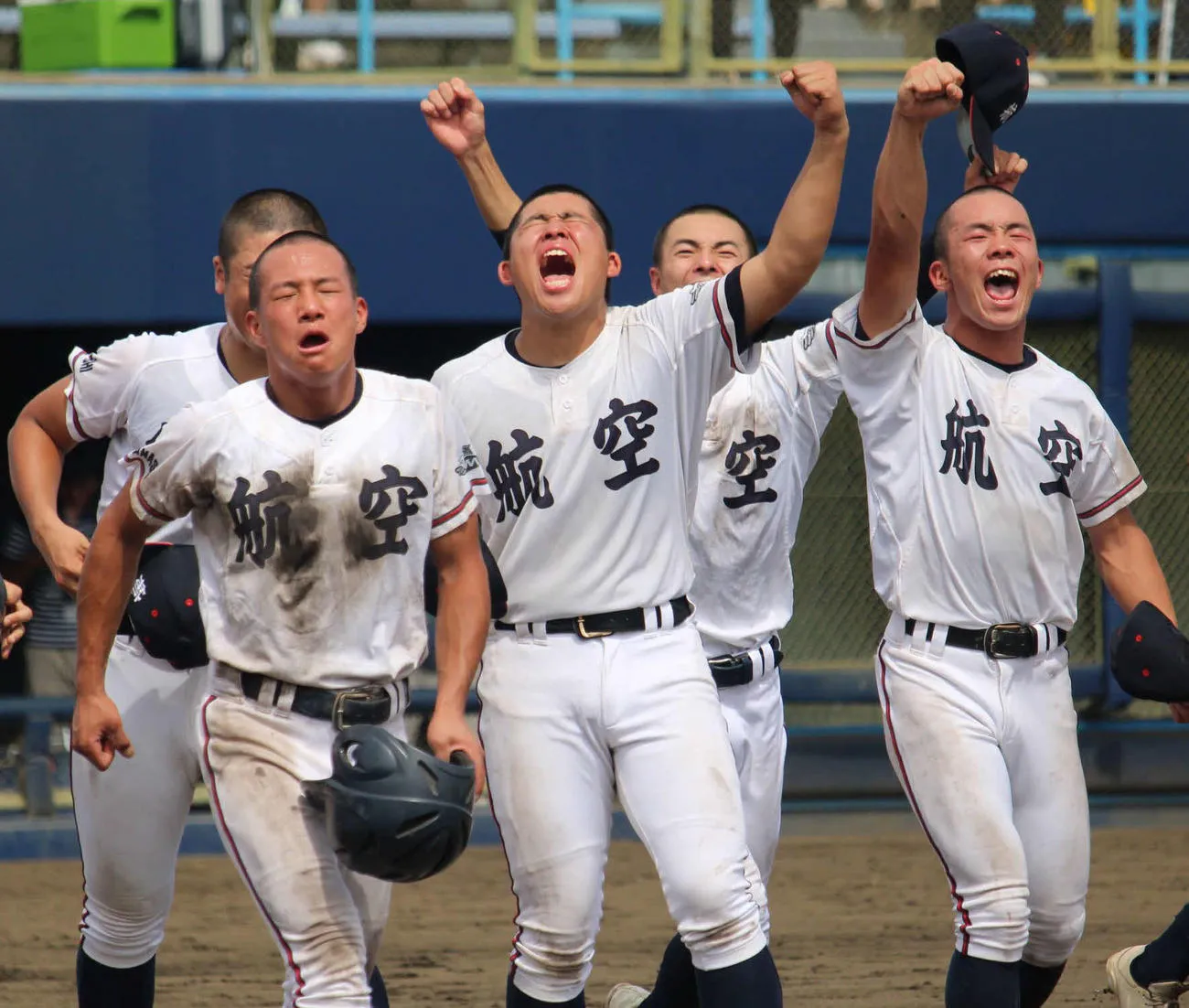

Is Baseball Dying in Japan? The Shocking Truth Behind Shohei Ohtani’s Global Fame
The Paradox of Baseball in Japan
When we think of baseball in Japan, the immediate image is of packed stadiums, passionate fans waving banners, and disciplined players dedicating themselves to perfection. For decades, baseball has been more than just a sport in Japan—it has been a cultural symbol, a way of life, and even a rite of passage for countless children. Yet, despite this deep-rooted tradition, a striking paradox has emerged: while Shohei Ohtani has risen to unprecedented levels of global fame, questions linger about whether baseball itself is losing its dominance in Japan.

The phenomenon surrounding Ohtani has illuminated both the strengths and vulnerabilities of Japanese baseball. On the one hand, he embodies the perfection of Japanese discipline combined with global athletic appeal. On the other, his fame shines so brightly that it risks overshadowing the declining grassroots enthusiasm for the sport at home. The story of Ohtani is not merely about one man’s brilliance, but about whether Japan’s most beloved game is struggling to remain relevant in an era of rapid cultural change.
Shohei Ohtani: A Symbol Larger Than the Game
To understand the complexities of the issue, one must first grasp the magnitude of Shohei Ohtani’s global fame. Rarely in modern sports has a single player been so universally admired. In the United States, he has transformed Major League Baseball by proving that a modern athlete can simultaneously excel as both a pitcher and a hitter. In Japan, his every move is chronicled with an intensity that borders on reverence. For many, Ohtani is not just a star but a cultural ambassador, proof that Japanese athletes can dominate on the world’s biggest stage.
Yet, Ohtani’s fame has a dual effect. While he inspires countless children to pick up a bat or glove, his extraordinary success also sets an almost unreachable standard. Instead of drawing more attention to Japanese baseball leagues, his spotlight often shines elsewhere—on Major League Baseball in the United States. This global migration of attention raises a difficult question: is Ohtani’s fame revitalizing Japanese baseball, or is it inadvertently accelerating its decline?
Declining Youth Participation
Perhaps the most concerning indicator of baseball’s trajectory in Japan is the steady drop in youth participation. Once, every neighborhood seemed to echo with the sound of children practicing swings, mimicking their professional idols, and dreaming of becoming the next homegrown star. However, recent studies have shown that fewer Japanese children are choosing baseball as their first sport. The reasons are both cultural and practical.
Modern Japanese society has shifted in ways that no longer favor the grueling schedules and physical demands of baseball. Parents often view the sport as too time-consuming compared to other options such as soccer, basketball, or even esports. The rigid structures of youth baseball—early morning practices, long commutes, and strict discipline—contrast with the more flexible and exciting alternatives offered by global sports trends. While soccer has grown into a global phenomenon with the appeal of international stars like Lionel Messi or Cristiano Ronaldo, Japanese baseball struggles to project a similarly diverse or glamorous image.
The Weight of Tradition
One of the greatest strengths of Japanese baseball has historically been its tradition. The nation takes immense pride in its unique style of play—disciplined, strategic, and team-oriented. High school baseball tournaments, particularly the famed Koshien, still draw national attention and inspire deep emotional investment. The sight of tearful players bowing after a loss captures a cultural sentiment that goes far beyond sports.
Yet, tradition can also be a burden. Younger generations are increasingly resistant to the rigid hierarchies and intense physical demands imposed by coaches. Stories of excessive training, mental pressure, and even physical punishment have circulated for years. While reforms are slowly being implemented, the sport continues to carry an old-fashioned image. For many modern families, baseball feels less like a path to joy and more like a demanding institution rooted in outdated practices.
The Globalization of Sports Culture
Adding to the pressure is the rapid globalization of sports culture. In the past, Japanese fans primarily looked inward, celebrating domestic stars and focusing on Nippon Professional Baseball (NPB). Today, however, streaming services, social media, and global events have shifted attention outward. Young Japanese fans now follow the English Premier League, the NBA, and the NFL with the same intensity they once reserved for NPB.
In this globalized environment, the appeal of baseball diminishes. While Ohtani has managed to break through internationally, few other Japanese players have achieved comparable fame. Moreover, the NPB, despite being one of the world’s most competitive leagues, struggles to attract the same level of international attention as European soccer or American basketball. This imbalance leaves Japanese baseball fighting to prove its relevance not only within the country but on the global stage.
Media Coverage and the Ohtani Effect
Ironically, the massive media coverage of Shohei Ohtani may be accelerating baseball’s decline at home. Japanese news outlets devote countless hours to tracking his every at-bat in the United States, often at the expense of covering domestic leagues. While this satisfies fans’ hunger for Ohtani content, it subtly shifts the narrative: the highest level of baseball is no longer in Japan but abroad. For young athletes, the dream is no longer to star in the NPB but to escape it altogether for the Major Leagues.
This creates a dangerous cycle. As attention shifts away from NPB, domestic teams struggle to maintain the same level of engagement. Stadiums that were once overflowing now face the challenge of dwindling attendance. While diehard fans remain loyal, the casual followers—especially the younger demographic—are increasingly distracted by more global, dynamic sports.
Baseball as Identity vs. Entertainment
Another dimension of this issue lies in the perception of baseball as either identity or entertainment. For older generations, baseball is part of Japanese national identity, tied to values of perseverance, teamwork, and humility. To abandon the sport would feel like abandoning a piece of cultural heritage.
For younger generations, however, sports are primarily about entertainment. They seek fast-paced, exciting experiences that can be consumed quickly—whether through live events, highlight reels, or video games. Baseball, with its slower pace and lengthy games, struggles to compete in this new entertainment economy. The values that once made it sacred—discipline, patience, subtlety—are often seen as drawbacks by audiences accustomed to instant gratification.
Can Ohtani Save Japanese Baseball?
The central question then becomes: can Shohei Ohtani actually save baseball in Japan? His global fame has undoubtedly inspired pride and admiration, but it is not clear whether it translates into sustained domestic growth. Unlike stars in soccer or basketball, who often return home to promote youth leagues, Ohtani’s commitments keep him rooted in the United States. His presence is felt primarily through screens, rather than through direct interaction with Japanese communities.
However, hope is not lost. Ohtani’s example demonstrates that Japanese players can succeed internationally at the highest level. If leveraged wisely, this could inspire systemic reforms in how Japanese baseball is structured, marketed, and taught. More international exposure, modernized training methods, and creative outreach programs could transform the sport into something appealing for a new generation.

The Future of Baseball in Japan
The future of baseball in Japan hinges on whether the sport can adapt to modern realities without losing its essence. Shohei Ohtani’s fame offers both a challenge and an opportunity. On one hand, it highlights the dangers of over-reliance on a single superstar to carry the image of an entire sport. On the other, it proves that Japanese athletes can compete with—and even surpass—the best in the world.
If Japanese baseball embraces innovation while respecting its traditions, it may not only survive but thrive. Shorter game formats, youth-friendly outreach, and global marketing strategies could reenergize the sport. At the same time, initiatives that address parental concerns about time, cost, and safety could restore baseball’s appeal as a family-friendly activity.
In the end, baseball in Japan is not dying—it is evolving. The game’s cultural roots are too deep, and the love of fans too enduring, for it to simply vanish. What is at stake is whether it can transform quickly enough to keep pace with a changing society. Shohei Ohtani’s global fame has opened the door to a new era. The shocking truth may be that baseball in Japan is at a crossroads: it will either reinvent itself for the future, or risk fading into nostalgia while the world moves on.
Related News


















